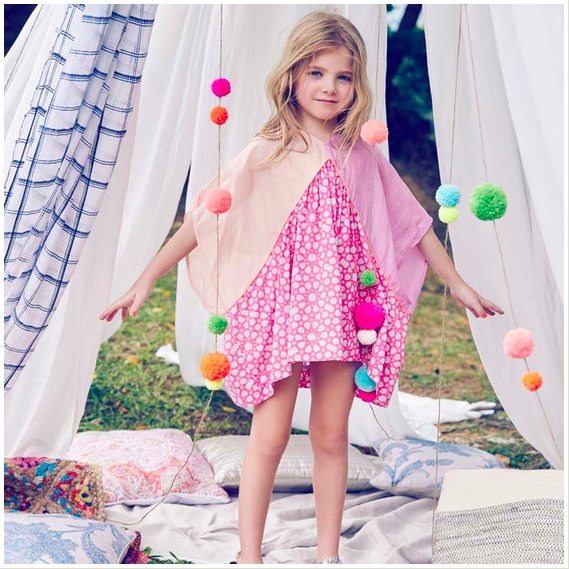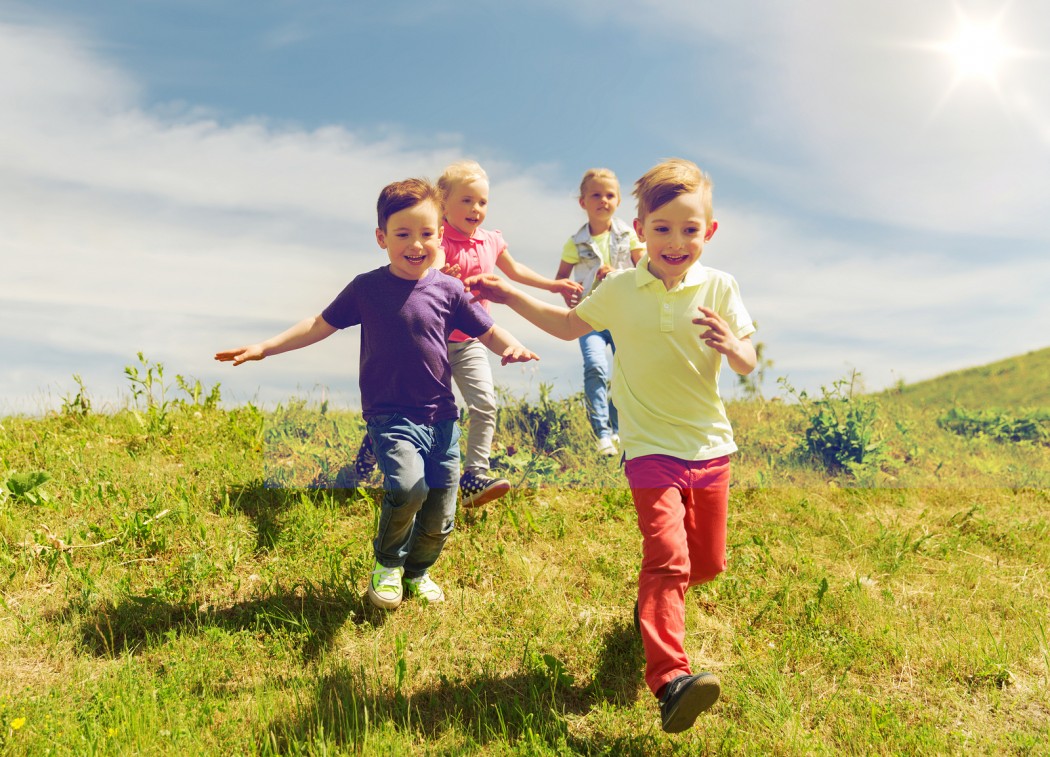Kids today don’t spend enough time outside for a number of reasons. Many are quick to blame television, video games, technology, and the Internet. In reality, the number one reason kids don’t spend enough time outside is because parents today do not have the time that previous generations had to schedule and supervise outdoor play.
The over-scheduled lives of adults often spill over into the lives of children. Longer hours at work for mom and dad result in a tightly packed itinerary of extracurriculars. “Parents need to teach their kids to balance human doing with human being,” said clinical psychologist Paula Bloom in this CNN article. “Kids need to know they’re not defined by what they do. They need time to play.”
Safety is another prominent issue for parents today. Our increasingly connected world means that parents are aware and sensitive to potential dangers in their community, parks, and playgrounds. All of this equals less freedom for children to roam freely and unsupervised outdoors.
Regardless of the reasons why parents are opting for screen time instead of park time, outdoor play is critical to a child’s development. Playing outside is about more than fresh air.
Top 3 Developmental Benefits of Outdoor Play for Children
1. Physical Development
In addition to burning pent-up energy, children burn more calories when they play outdoors. Burning more calories keeps them fit and prevents obesity, which has doubled in the last decade along with diabetes. Apart from exercise, the outdoors offers a wealth of other less obvious benefits for a child’s physical health.
For example, sunlight strengthens bone health by supplying a steady stream of vitamin D. Natural light also stimulates the pineal gland, which is vital to the immune system and makes people feel happy. If that’s not enough, a study published by the American Academy of Ophthalmology found that children who spend time outside are at a reduced risk of nearsightedness. Getting children outside is undoubtedly good for them.

photo credit: stella.phoenix
2. Social Development
Have you noticed that during indoor playdates, young children are more heavily supervised by adults? The close proximity encourages parents to hover and micromanage activities. While there are instances of this behavior at the playground as well, children are generally more free to play with minimal adult intervention. This provides them with an opportunity to take the initiative to make friends.
When children play together outdoors they learn about relationships, self-control, and how to behave as members of a group. The University of Missouri-Kansas’ School of Education found that outdoor play fosters “social, emotional, and cognitive competencies” in kids, including strengthening the language and communication interactions.
Just as play isn’t as closely monitored, neither is communication. This affords children an opportunity to resolve conflicts and express feelings without an adult interjecting with a script. Children often make up games when they play outside, learning decision-making and organizational skills. Inventing games teaches them to follow rules and also teaches the importance of why rules are necessary.
3. Cognitive Development
Outdoor play increases physical activity and the National Center for Physical Development and Outdoor Play reports that this type of play greatly improves motor skills in children. As children exercise their motor skills, they increase their ability to process and remember new information.
While children play outdoors, they learn communication skills and vocabulary as they invent, modify, and enforce rules. They also learn number relationships as they count and keep score while they play. According to this study on the importance of outdoor play for young children: “Through play, children can experiment, solve problems, and think creatively, gaining a deeper knowledge about themselves and the world.”

photo credit: nellystella
Simple Ideas for Spending Time Outdoors
- Find a simple local hiking or walking trail and take your child on a nature hike. Encourage them to touch rocks, feel bark, and stand still and listen to the different sounds. Young children learn a lot through through their senses.
- Play music in the backyard on your smartphone or a portable radio and let your children dance outdoors.
- Get your kids running by blowing bubbles and letting them chase after them.
- Find an old sheet, cardboard boxes and other miscellaneous junk and encourage them to build a fort in the backyard — an activity that will exercise their problem-solving skills and nurture their imagination.
For more parenting tips and fun ideas for kids visit Angelibebe at https://www.angelibebe.com/blog/.
